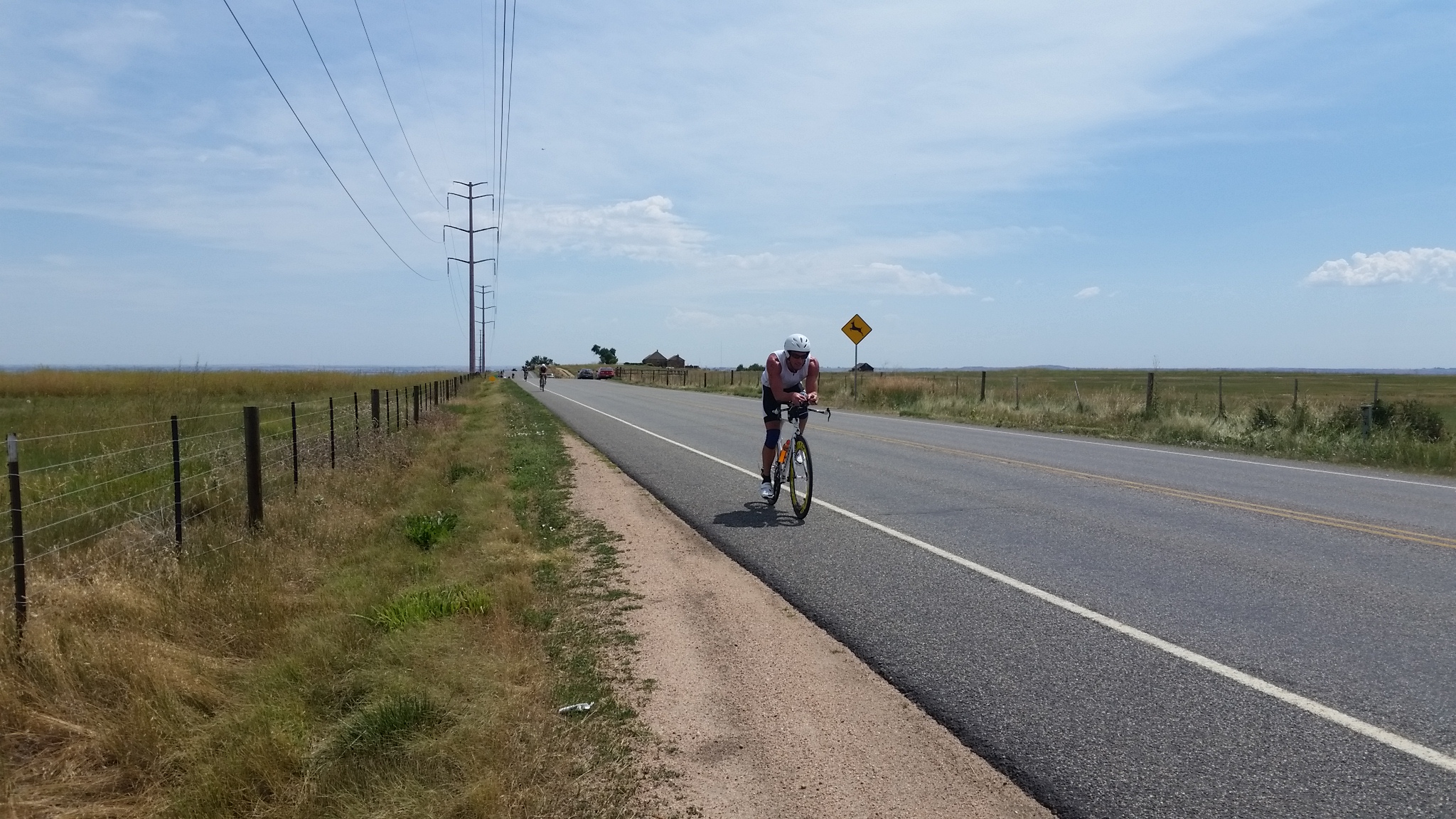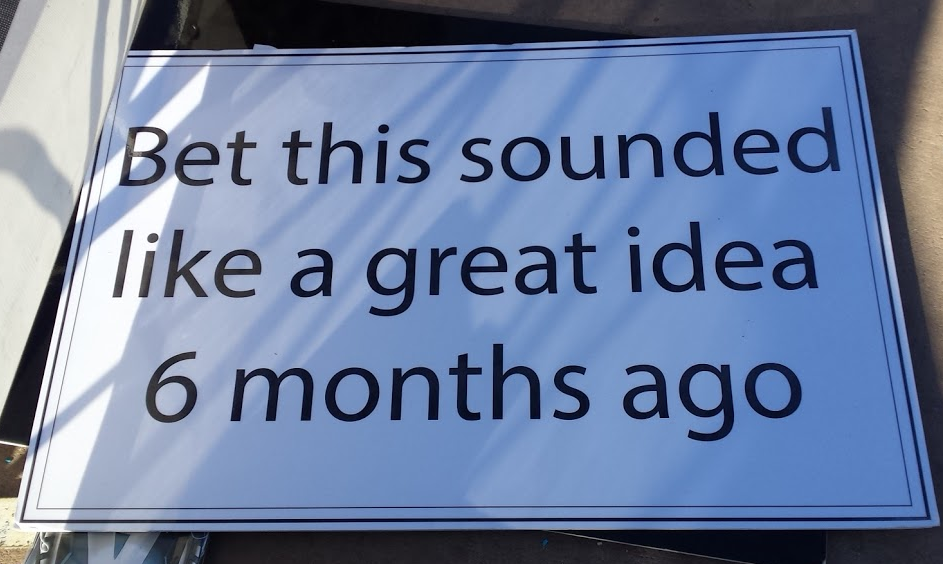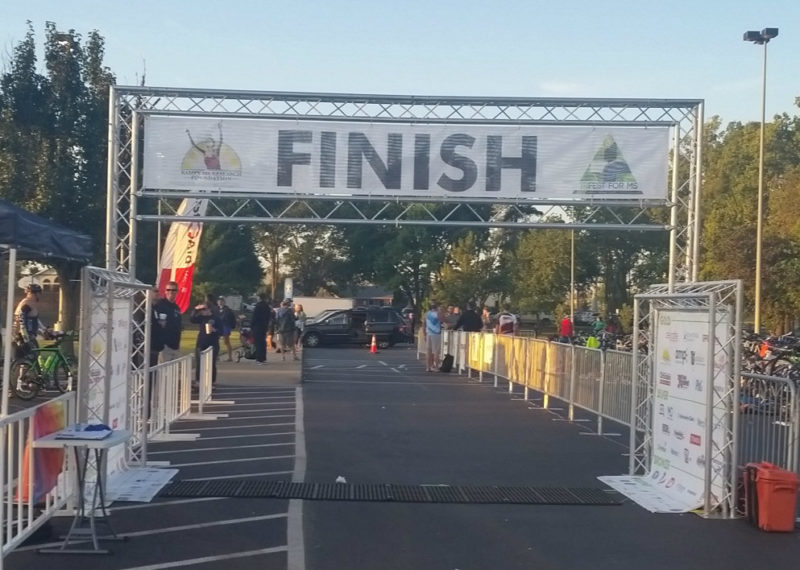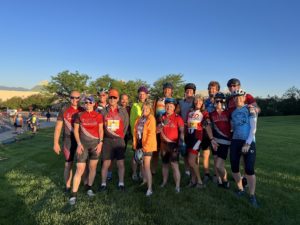How do you know you’re ready to step up in triathlon distance to long course?
For some this is a half-IRONMAN, and for others this means that full IRON-distance race. As with any distance race, we want to make sure we are ready to train for it and race it safely (without injury.) Consider the following things when trying to decide if the long course is right for you. (And it’s totally fine to have no interest in going long!)
What are you doing now?
Think about the distances you are currently swimming, cycling, and running. Does your two-hour base ride leave you wiped? Or are you regularly riding 3 or 4 hours with a local group ride? Everyone will have unique circumstances when it comes to the distance for which they are ready. In the age of social media, it’s often very, very easy to get caught up in the hype and want to go from sprint to half or full IRON-distance in one season. For some, this might be reasonable, but for others it could mean an unenjoyable race experience or even a recipe for overuse injury. It takes time (read years!) to build up good endurance.
What is your history?
Did you used to ride or run a lot? How long ago? If you just took a couple years off, you’ll bounce back a bit quicker than if you took a decade off of endurance events. If you are a bit deconditioned, a smart and gradual approach to training will help you get back quicker than if you have no endurance training history.
Do you have the time to commit to the training?
This is another big one. Long course racing is a significant commitment, especially the full IRON-distance race. A half IRONMAN is doable for a relatively busy person if you can manage consistent 3 to 3.5 hour long training rides and 90 minute to 2 hour long runs, as well as 1-2 hours of training most weekdays. IRONMAN training will require similar loads during the week (assuming you have the typical M-F job), but much longer rides and runs. Your long rides will be around the 4, 5 and sometimes up to that 6 hour mark. Long runs would be consistently around the 2 hour mark and get close to 3.
In addition to the training time, you also have to factor in recovery time. When I trained for IRONMAN Arizona, I was pretty useless for a few hours after my long workouts while I ate, got cleaned up, and then needed to just relax.
There are certainly many different coaching methods out there, and different volume/intensity strategies work for some and not others for these longer events. I’d recommend consulting a coach if you don’t already have one to see if your schedule is long event permitting.
Remember the triathlon isn’t going anywhere any time soon.
You don’t need to do a long course triathlon if you don’t want to. You shouldn’t do one if you aren’t physically ready for one. Take the time to build up solid core strength. Build some base endurance and gradually teach your muscles and joints to handle the pounding of the distances necessary for long course triathlon. Then if you decide to jump in, your body with thank you, and there is a really good chance you’ll have a much more enjoyable race experience.
Share your thoughts in the comments below.








